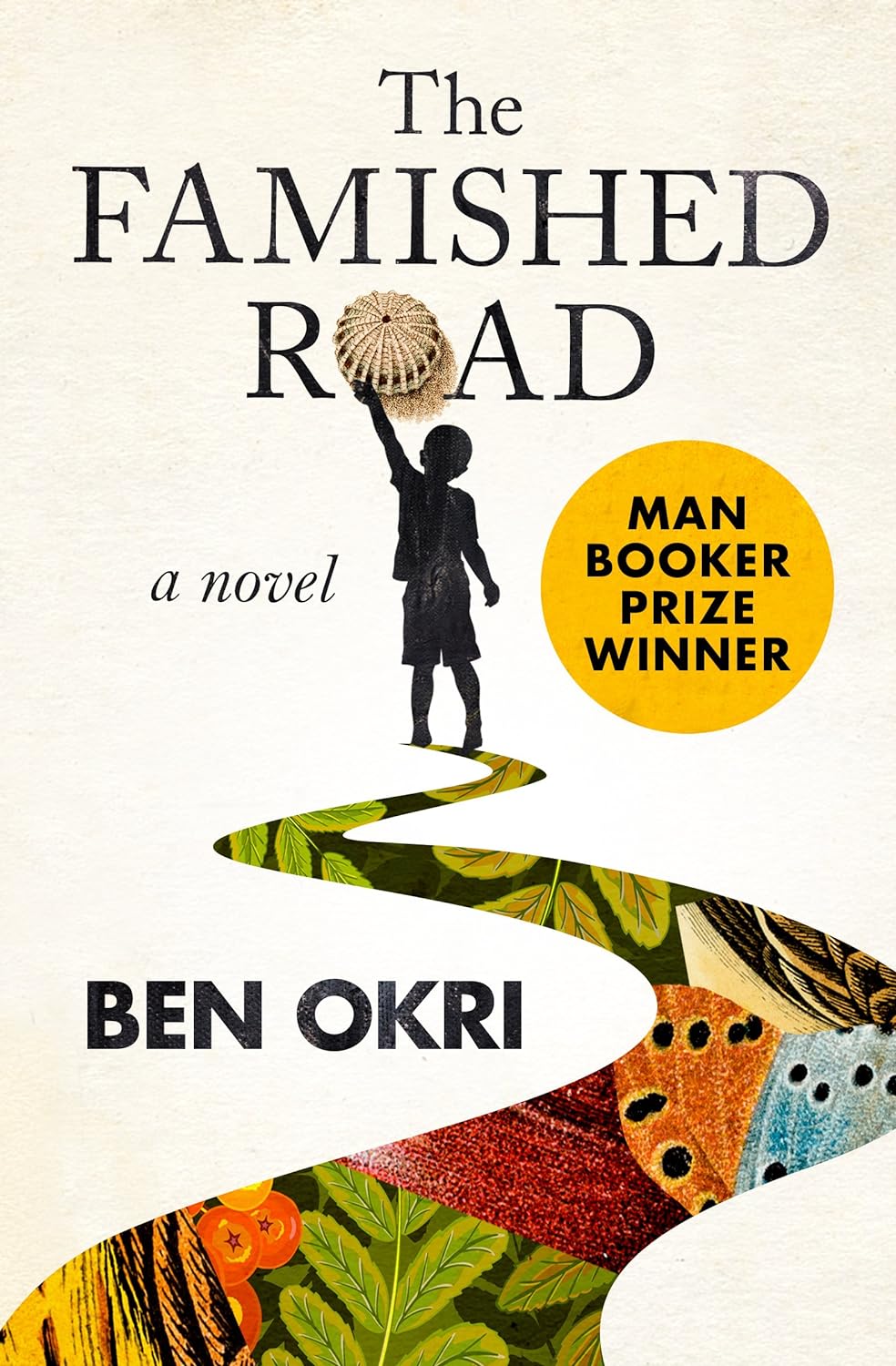In this edition of “Beyond the Cover,” we explore the thought-provoking themes that make “Sizwe Banzi Is Dead” (by Athol Fugard, co-authored with two South African actors, John Kani and Winston Ntshona) a globally celebrated work of art.
Sizwe Banzi Is Dead” is a powerful play set in apartheid-era South Africa. The narrative explores themes of identity, survival, and the dehumanizing impact of racial segregation.
Identity
One prominent theme is the struggle for identity in a society that denies basic human rights based on race. The protagonist, Sizwe Banzi, grapples with the oppressive pass laws that restrict the movement of black individuals. This struggle for personal identity becomes a broader metaphor for the collective fight against systemic racism.
Sizwe Banzi, faced with discriminatory laws, must decide whether to live within the constraints of the system or take a drastic step to forge a new identity. This highlights the profound personal struggle for identity in a society that denies individuals the right to freely express and define themselves.
Survival
Survival in the face of adversity is another central theme. Sizwe’s decision to assume a deceased man’s identity becomes a desperate act to navigate a prejudiced system. The play raises questions about the lengths individuals go to survive and the sacrifices made in the pursuit of a better life.
Sizwe’s decision to assume Robert Zwelinzima’s identity enables him to secure a job and circumvent the oppressive pass laws temporarily. Sizwe’s choice is a poignant commentary on the resilience of the human spirit when confronted with systemic injustice.
Racial Segregation
The dehumanizing impact of apartheid is vividly portrayed as characters navigate a world where their humanity is systematically denied. Through poignant dialogues and symbolic actions, the play emphasizes the psychological toll of living under a regime that reduces people to mere statistics and denies them basic freedoms.
The characters’ encounters with the dehumanizing bureaucracy, symbolized by the passbook, showcase the harsh reality of living under apartheid. The passbook, a mere document, becomes a tool of dehumanization, reducing individuals to numbers and stripping them of agency. This resonates with the broader dehumanizing impact of institutionalized racism.
The narrative’s structure, blending drama with elements of absurdity, enhances its impact. The play’s innovative use of storytelling techniques contributes to a thought-provoking and emotionally charged experience for the audience.
Its use of monologues, direct audience address, and breaking the fourth wall contribute to its unique narrative structure. These storytelling techniques engage the audience on a personal level, breaking down the barrier between the performance and reality. By doing so, the play not only conveys its themes intellectually but also evokes an emotional response, fostering a deeper connection between the audience and the characters’ struggles.
In essence, “Sizwe Banzi Is Dead” is a compelling exploration of the human spirit’s resilience in the face of oppression. Its timeless themes resonate beyond its historical context, making it a significant work in the realm of African literature and global discussions on social justice.




